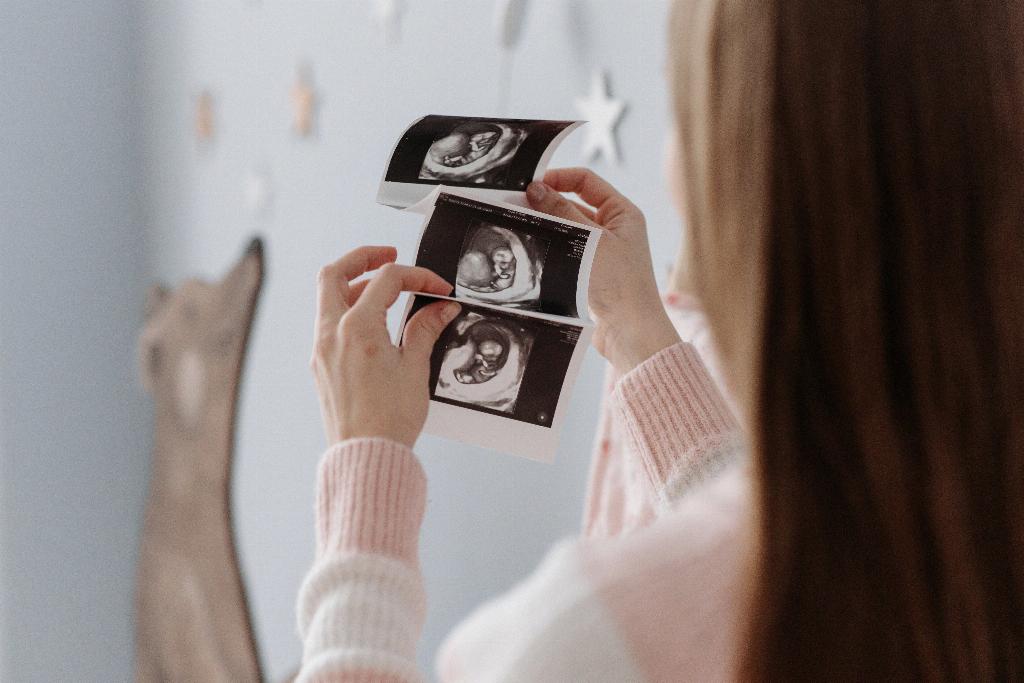As an expectant mother, you may find yourself facing various discomforts and changes in your body, one of which could be the tightness in your calves during pregnancy. This sensation can be unsettling and often leaves many women wondering about the underlying reasons behind it. Let’s delve deeper into this issue and shed light on why your calves may feel tight during this precious time.
1. Fluid Retention and Circulation
One common factor contributing to tight calves during pregnancy is fluid retention, leading to a pooling effect where circulation in the legs slows down. This buildup of fluid can result in swelling in the veins, causing cramps and aches in the legs. The increased pressure from the expanding uterus can further exacerbate this issue, particularly when sitting or lying down.
2. Weight Gain and Pressure
Weight gain is a natural part of pregnancy, and this additional weight can put extra strain on your calf muscles. As your body adjusts to the growing baby, the muscles in your legs may experience increased tension, leading to feelings of tightness and discomfort.
3. Hormonal Changes
During pregnancy, your body undergoes significant hormonal shifts to support the growth and development of your baby. These hormonal changes can impact the flexibility and elasticity of your muscles, potentially contributing to calf tightness as your body adapts to these fluctuations.
4. Lack of Movement and Exercise
Due to the physical changes and fatigue that often accompany pregnancy, it can be challenging to maintain regular physical activity. A sedentary lifestyle or limited movement can lead to muscle stiffness and tightness, including in the calves. Incorporating gentle exercises and stretches tailored to pregnant women can help alleviate this tension.
5. Compression of Blood Vessels
As your uterus expands to accommodate your growing baby, it can exert pressure on the blood vessels in your pelvic region. This compression can restrict blood flow to your lower extremities, contributing to the sensation of tightness in your calves. Elevating your legs and staying hydrated can promote healthy circulation and relieve this discomfort.
6. Nutritional Deficiencies
Inadequate intake of essential nutrients such as magnesium and potassium, which are crucial for muscle function, can result in muscle cramps and tightness. Ensuring a balanced diet rich in these nutrients can support muscle health and reduce calf tightness during pregnancy.
7. Postural Changes
As your body undergoes structural changes to accommodate your growing belly, your posture may also shift to compensate for the added weight. This altered posture can affect the alignment of your spine and lower body, potentially leading to tension and tightness in the calves due to the redistribution of pressure.
8. Emotional Stress and Tension
Pregnancy is a time of emotional upheaval and heightened stress levels for many women. Emotional strain and tension can manifest physically in the form of muscle tightness, including in the calves. Practicing relaxation techniques such as deep breathing, meditation, or prenatal yoga can help alleviate stress and promote muscle relaxation.
9. Underlying Conditions
In some cases, tightness in the calves during pregnancy may be exacerbated by preexisting conditions such as varicose veins or restless leg syndrome. These underlying issues can amplify the discomfort experienced in the calves and may require specific treatment or management strategies to address effectively.
10. Footwear and Support
The type of footwear you use during pregnancy can impact the alignment and support of your feet and legs. Wearing comfortable shoes with adequate arch support and cushioning can help alleviate strain on the calf muscles and prevent tightness. Consider investing in orthotic inserts or supportive footwear designed for pregnant women to promote proper alignment.
11. Hydration and Blood Circulation
Staying hydrated is essential for maintaining healthy blood circulation and preventing fluid retention that can exacerbate calf tightness. Drinking an adequate amount of water throughout the day can help flush out toxins, reduce swelling, and support optimal muscle function, alleviating discomfort in the calves.
12. Seeking Professional Guidance
If you continue to experience persistent tightness in your calves during pregnancy despite trying various remedies, it may be beneficial to consult with your healthcare provider or a physical therapist. They can assess your symptoms, provide personalized recommendations, and address any underlying issues that may be contributing to your discomfort.

